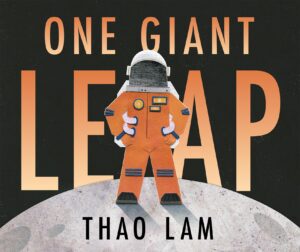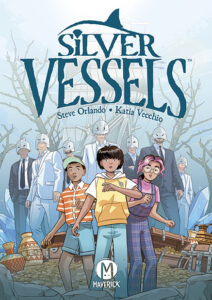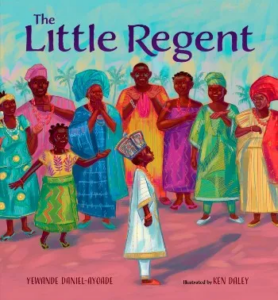The Issa Valley would not do well in an elevator pitch. Nor could it be easily described as “Book A meets Book B,” much less “Movie C meets Movie D.” The first sentence — “I should begin with the Land of Lakes, the place where Thomas lived.” — is not a grabber. (The first-person narrator never returns.) The first chapter is given over to landscape descriptions, with diversions into how practically every item in a home in the Issa Valley was made within the household, and into the reasons for the relative prosperity of of the villages along the river’s course. Thomas, having been named in the initial sentence, does not reappear in the first chapter. Or indeed the second, which opens with the notion that “The Issa Valley has the distinction of being inhabited by an unusually large number of devils” (p. 6) and continues with speculation on what they might be up to, and saying what the local farmers sometimes do to propitiate them.
Milosz’s book blithely breaks practically all of the norms of contemporary publishing. The point of view wanders a bit. The three-act structure is nowhere to be seen. There is barely a plot. There is not, properly speaking, a climax, nor is there a denouement, and there is definitely not a happily-ever-after. I cannot imagine that any part of it was workshopped, sent to beta readers, or circulated in any way to a marketing department or a sales team. The Issa Valley is where hype goes to die.
And yet it is a lovely, affecting book. First published in Polish in 1955, translated into English in 1978, the novel is neither old-fashioned nor a period piece; it passed directly into a kind of timelessness, in which the eternal human stories of birth and death, growing up and growing old, merge with the specifics of a particular corner of Lithuania in the first quarter of the twentieth century. Viewed from one angle, The Issa Valley has no stakes at all. The German invasion during the First World War consists of a couple of mounted soldiers who are given some milk and then ride on. The Soviet-Polish war passes not far away, but does not intrude on the closed world of the valley. There are no overarching threats, only the conflicts that the people themselves bring. But just like that, the stakes are life and death, honor and dishonor, the land passed down through generations, holdings divided among squabbling heirs or managed poorly. There are descendants of great lords whose daily life is barely distinguishable from their peasant neighbors, except that neither side ever, ever, ever forgets who is part of the nobility and who is not.










